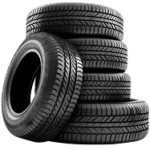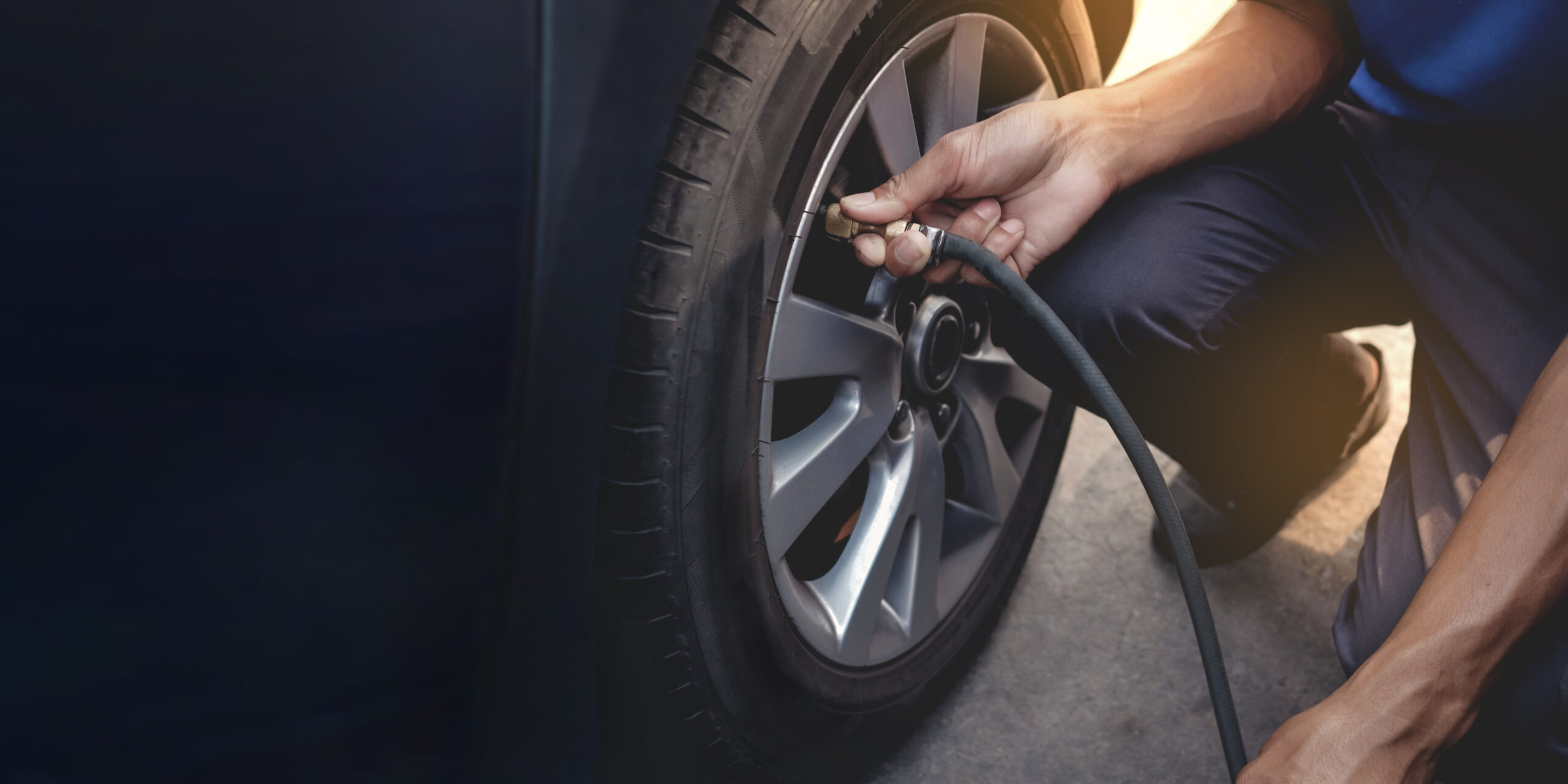
Auto Repair Blogs
Expert Insights, Car Care Tips, & Service AdviceRead the Latest from Telle Tire
Your Trusted Resource for Everything Automotive Care
Stay informed with expert tips, maintenance advice, and repair insights from the Telle Tire team. Our goal is to help you understand your vehicle better so you can make well-informed decisions about your car care and feel confident when it's time to Take it to Telle.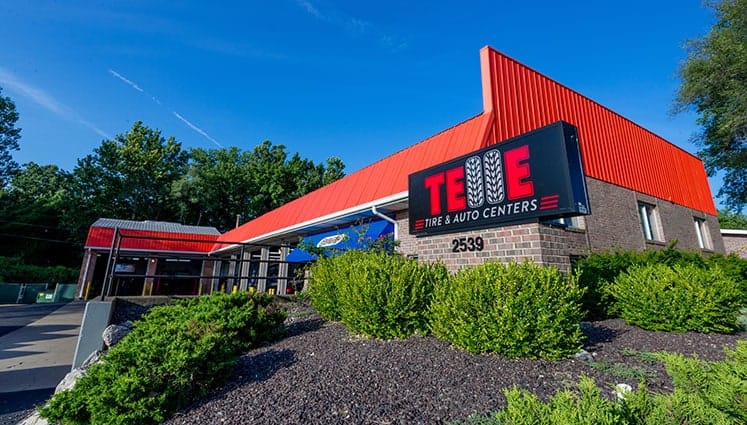
Safeway Tire & Auto Center is now Telle Tire & Auto Centers’ St. Charles Location
Since 1964, Safeway Tire & Auto Center has proudly served the St. Charles community. Recently, Safeway has become part of the Telle Tire & Auto Center…
Stay Informed with Trusted Automotive Care Resources
Explore All of our Auto Blogs
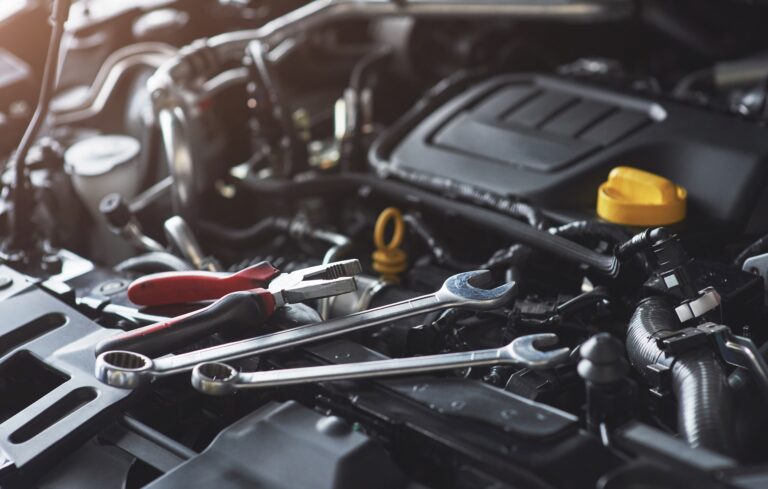
What Happens to Your Car When You Delay Scheduled Maintenance
It’s easy to push routine car maintenance down the to-do list. Oil changes, wheel alignments, tire rotations, fluid checks, battery tests, and suspension inspections often feel…
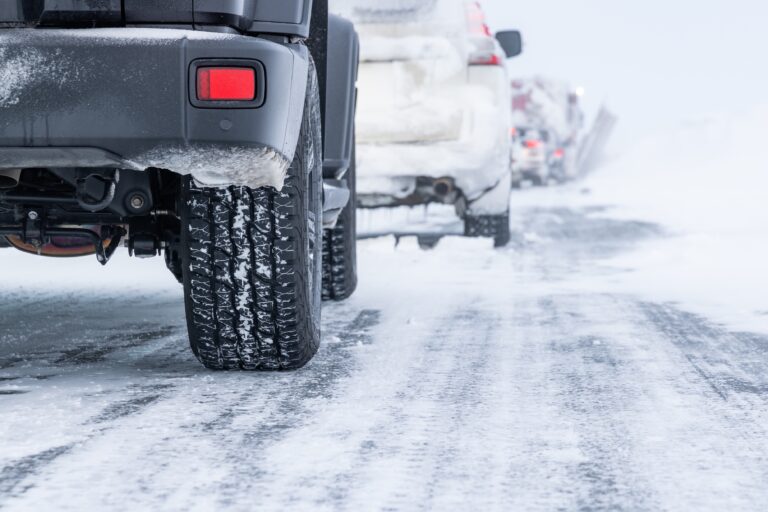
Winter Driving in Missouri: Top 7 Mistakes Drivers Make & How to Avoid Them
Winter in Missouri is anything but predictable. Drivers can experience early-season frost, freezing fog, sudden snow bursts, black ice on bridges, and wide temperature swings, sometimes…

Top Scenic Drives in Missouri This Winter
Winter transforms Missouri into a stunning landscape of snow-covered forests, frosted bluffs, quiet river valleys, and peaceful state parks. Whether you’re near St. Louis or Kansas…
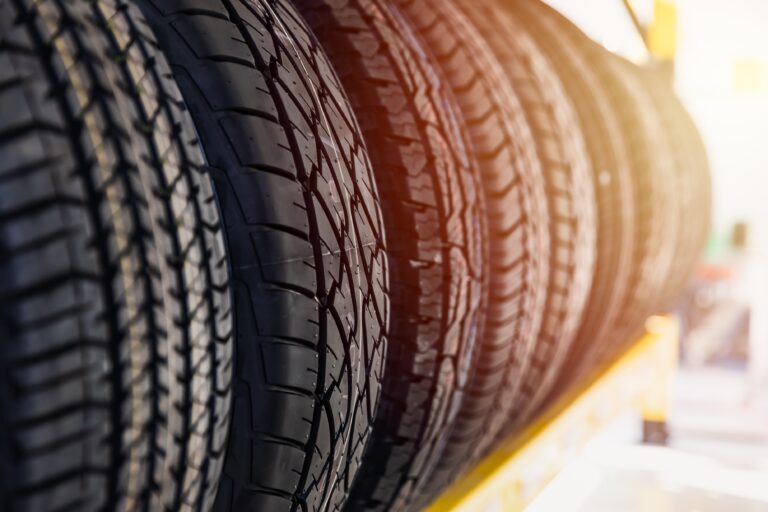
How to Get the Longest Life from Your Tires
Your tires are one of your vehicle’s most important investments and one of the easiest to protect. Proper tire maintenance saves you money by extending the…
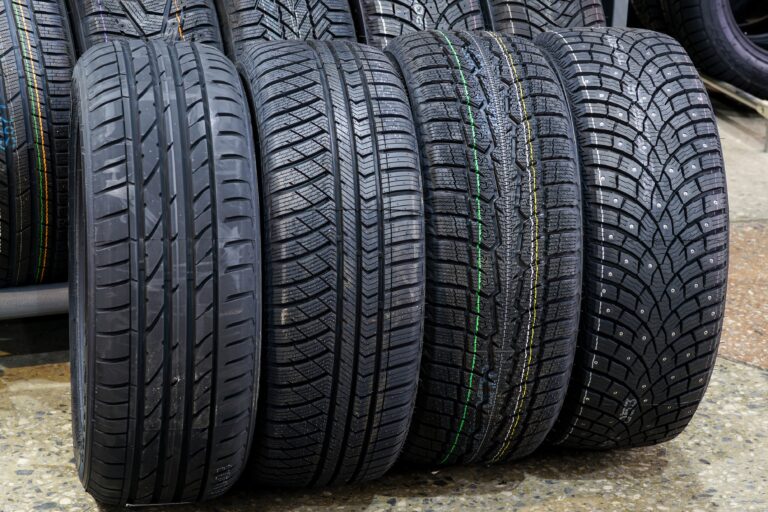
Best Tires for Missouri Weather: All-Season vs Winter Tires
Missouri’s weather can surprise you. One week, you’re driving on a mild, sunny fall day, and the next, you’re navigating icy roads or puddles after a…

Do Electric Vehicles Need Special Tires?
Electric vehicles (EVs) have become a common sight on the road, offering drivers an eco-friendly, high-performance alternative to gas-powered cars. As more EV models become available…
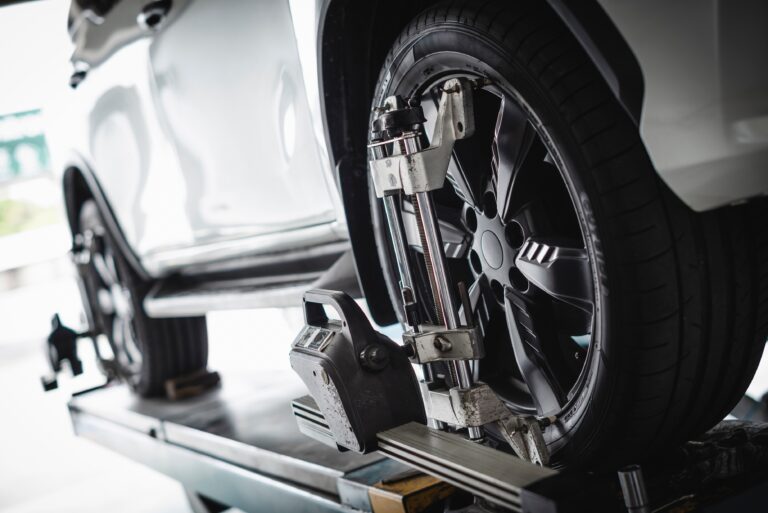
Tire Rotation vs. Alignment: What You Really Need (And How to Tell)
If you’ve ever been told your car needs a tire rotation or wheel alignment, you might have wondered—aren’t those basically the same thing? While both services…
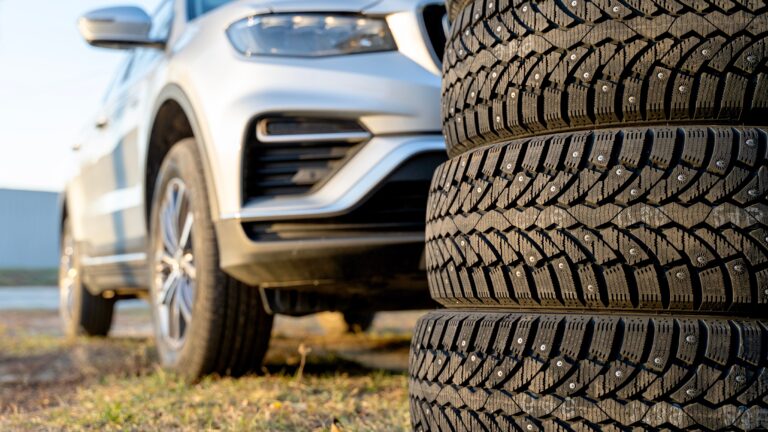
When Should You Switch to Winter Tires?
As the days grow shorter and temperatures start to drop, your vehicle’s tires become even more critical in keeping you safe on the road. Seasonal tire…
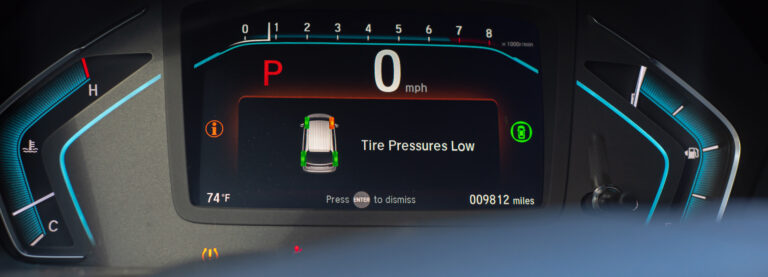
Are Smart Tires & TPMS Worth It?
Tires play a bigger role in safety and performance than many drivers realize. If your tires are underinflated, worn unevenly, or overheating, your chances of a…
